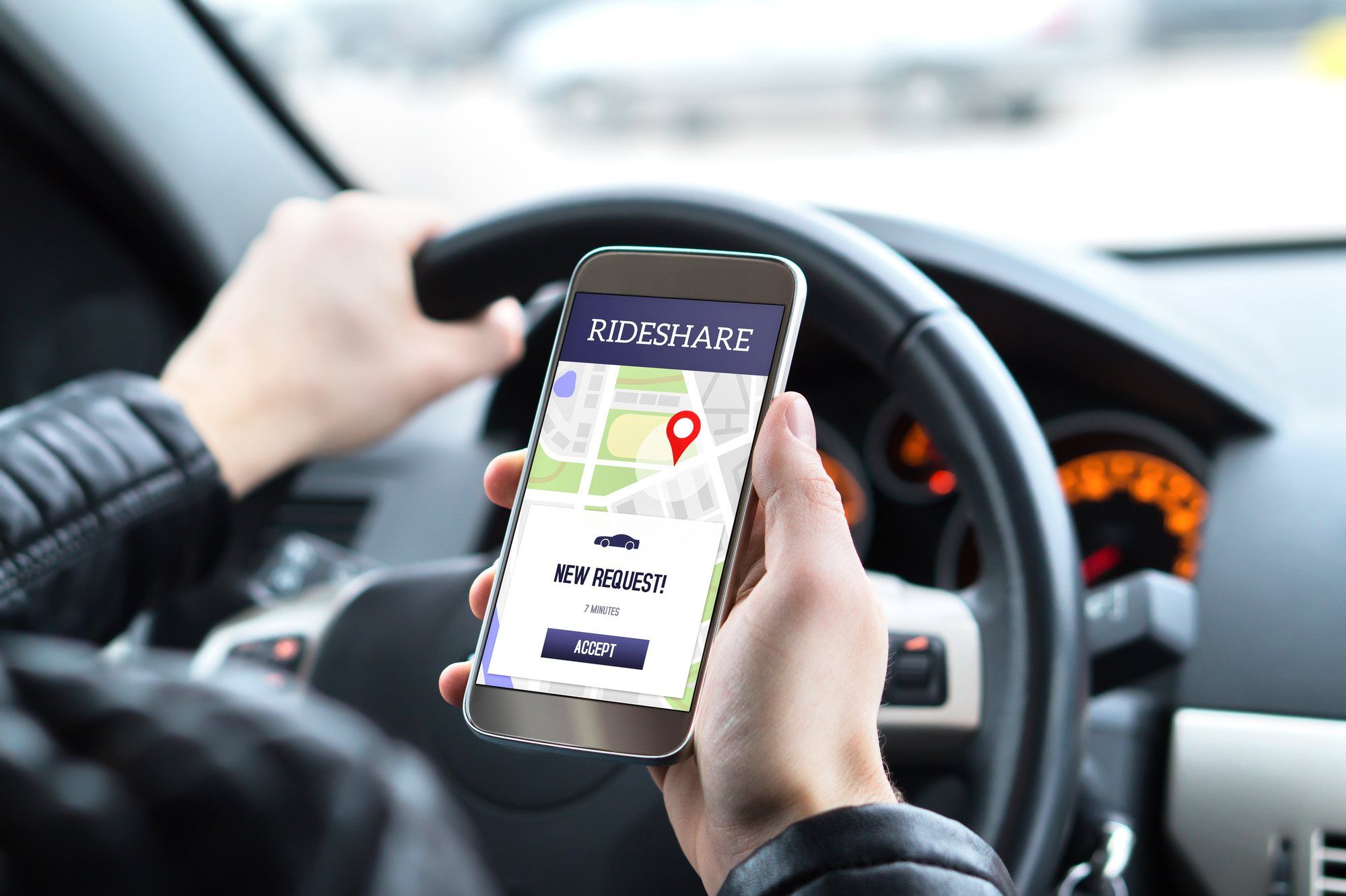Top Class Actions’s website and social media posts use affiliate links. If you make a purchase using such links, we may receive a commission, but it will not result in any additional charges to you. Please review our Affiliate Link Disclosure for more information.
Despite efforts in some states to change their classification, drivers who work for the ride share company Lyftare independent contractors, not regular employees. As such, they have considerable flexibility and freedom in setting their work schedules, but do not qualify for employee benefits such as health insurance and paid time off.
Legislators in some states have been working to require ride share companies to treat their drivers as employees and many Lyft drivers have gone to court, some filing class action lawsuits, to force the change.
What is the Lyft Driver Pay Rate?
Lyft drivers are paid for the time they spend on each fare and the distance they travel at rates that vary by location. Each driver gets a rate card that includes the amount they will be paid per minute and per mile, according to the company. Lyft charges a commission on each fare that it calls a “platform fee.” The platform fee is also variable and is based on the total amount of the fare.
In addition to their fare pay, Lyft drivers can earn tips and bonuses, which are not subject to the company’s commission. That means drivers pocket every penny of their tips and bonuses.
Tips are earned when passengers choose to give them based on their experience with the driver. Bonuses are earned from Lyft during busy times and in busy locations.
The times and places where bonuses are offered varies according to the demand for rides. They are offered to drivers through the Lyft Driver app. When ride demand increases, bonuses are offered in real time on the app. Drivers can also choose to drive for scheduled bonuses at the beginning of each week.
Lyft also offers something called a “Personal Power Zone” when there are more passengers requesting rides than there are drivers to take them in a specific location. Those can pop up unexpectedly, or can be scheduled in advance before or after large-scale planned events like concerts or sporting events. “Ride Streaks” are bonuses drivers can earn when they accept back-to-back rides during hectic times such as morning and afternoon rush hours and on holidays.
Lyft offers its drivers an earnings guarantee, promising a certain amount of money for completing a certain number of fares in a set period of time. And it often hosts ride challenges that earn drivers bonuses for completing a set number of rides within a set timeframe, the company’s website says.
How Do Lyft Drivers Get Paid?
Lyft drivers can either get paid through direct deposit to their personal bank accounts – weekly or on an express basis, for a fee – or via a sponsored debit card and bank account with one of the company’s partners, Stride Bank.
Drivers who choose to open a Lyft Direct account with Stride Bank can get paid for their fares immediately after each one of them at no charge. Those who opt for direct deposit to another bank account can choose an express pay option that puts their earnings into their accounts “within a short time” for a 50-cent fee, the company says.
Those who go the traditional, weekly direct deposit route have their earnings transferred from Lyft once a week, on Tuesdays. The money is usually accessible to the drivers one to three business days after that, depending on the bank’s processing time.
Are Lyft Drivers Employees or Independent Contractors?

Ride share companies have insisted their business models depend on their workforces being independent contractors, a report by the online tech site CNET said. If they were forced to hire drivers to be traditional employees, the number of working drivers would be cut drastically, they say.
At least two states – Massachusetts and California – are not moved by the industry’s insistence on independent contract drivers.
On July 14, Massachusetts Attorney General Maura Healey filed a lawsuit against Lyft and its competitor Uber in an effort to have the court deem the drivers to be employees, entitled to at least minimum wage and standard employee benefits, the Boston Herald reported.
California Attorney General Xavier Becerra and the city attorneys of Los Angeles, San Francisco, and San Diego took similar action in May when they sued Lyft and Uber over the “misclassification” of drivers as independent contractors. By not treating the drivers as employees, the ride share companies are violating the state’s new AB5 law, which went into effect in January and beefed up restrictions on the treatment of gig workers, a report by the San Francisco Examiner said.
Lyft and Uber executives have said they play to fight both lawsuits and argue that even their drivers prefer to remain independent contractors because of the freedom it affords them.
Have Any Lyft Driver Lawsuits Been Filed?
The Massachusetts and California lawsuits are not the only ones Lyft is facing. Lyft driver Saif Chaudry filed a class action lawsuit against the ride share company in New York in 2017 over the classification of as many as 20,000 drivers there. The company proposed a settlement with the drivers in January, but lawyers for the plaintiffs recommended rejecting the offer, according to a report by Bloomberg Law.
Lyft Inc. offered to pay New York drivers $100 to $600 each to settle the lawsuit if they would agree to sign confidentiality agreements about the settlement and agree not to disparage the company, the Bloomberg report said. The plaintiffs’ lawyers said the offer was too low and advised the drivers not to accept it.
How Can You Join a Class Action Lawsuit?
Lyft drivers who think they are misclassified as independent contractors might want to file a class action lawsuit, or participate in an ongoing Lyft class action lawsuit, against the company to try to change that. Consulting with a qualified, experienced attorney can help drivers explore their legal options and determine if they can join a lawsuit.
Join a Free Uber Lyft Misclassification Class Action Lawsuit Investigation
If you are an Uber or Lyft driver (active or inactive), you may have been misclassified as an independent contractor, and you may qualify to join this Uber Lyft Driver Misclassification Class Action Lawsuit Investigation.
This article is not legal advice. It is presented
for informational purposes only.
ATTORNEY ADVERTISING
Top Class Actions is a Proud Member of the American Bar Association
LEGAL INFORMATION IS NOT LEGAL ADVICE
Top Class Actions Legal Statement
©2008 – 2024 Top Class Actions® LLC
Various Trademarks held by their respective owners
This website is not intended for viewing or usage by European Union citizens.
















2 thoughts onAre Lyft Drivers Employees or Independent Contractors?
I would like to be added for the missclasifation of being a sub contractor for both uber and lyft. I’m told I’m a sub contractor however I’m being told what I can or can’t do.
nosotros pagamos todo en el carro las propinas de un tiempo para aca ellos la dan pero no completas y tu no sabe si el cliente cuando la pone en la app ellos te la dan si tienes accidentes el seguro tuyo paga todo no deberia ser asi los medico los pagas tu